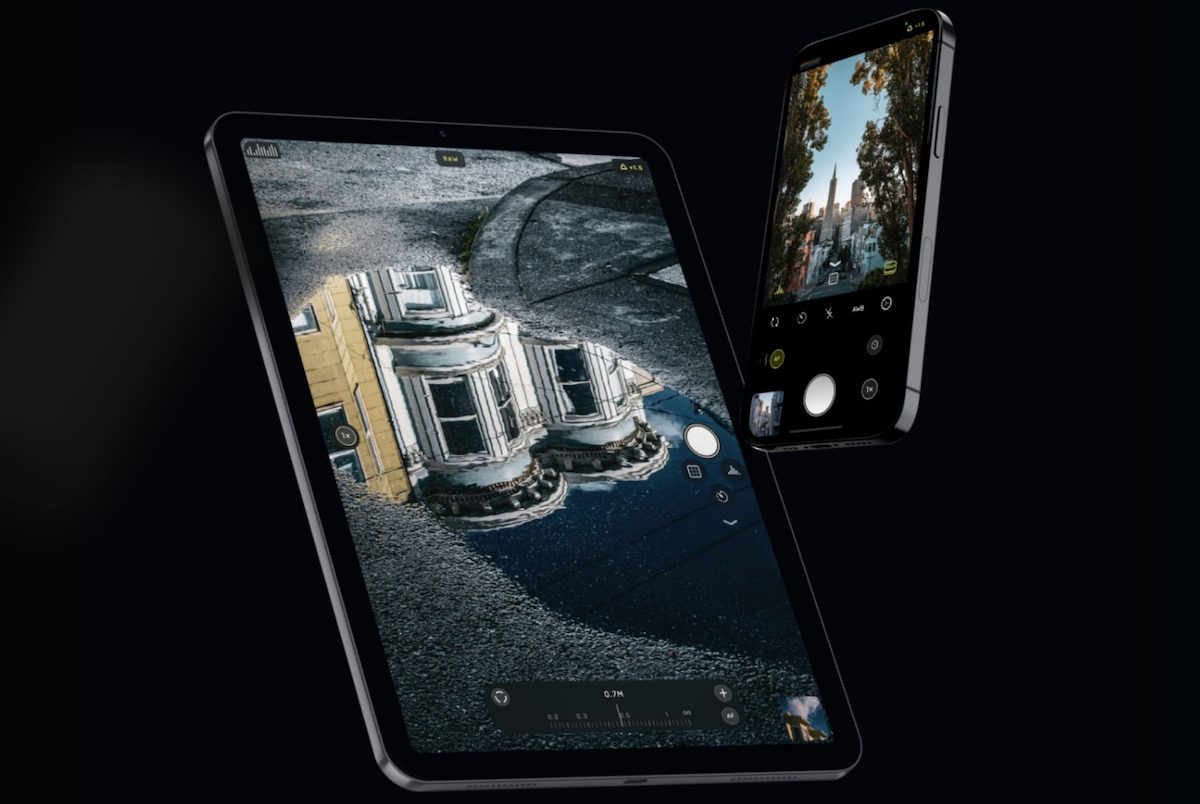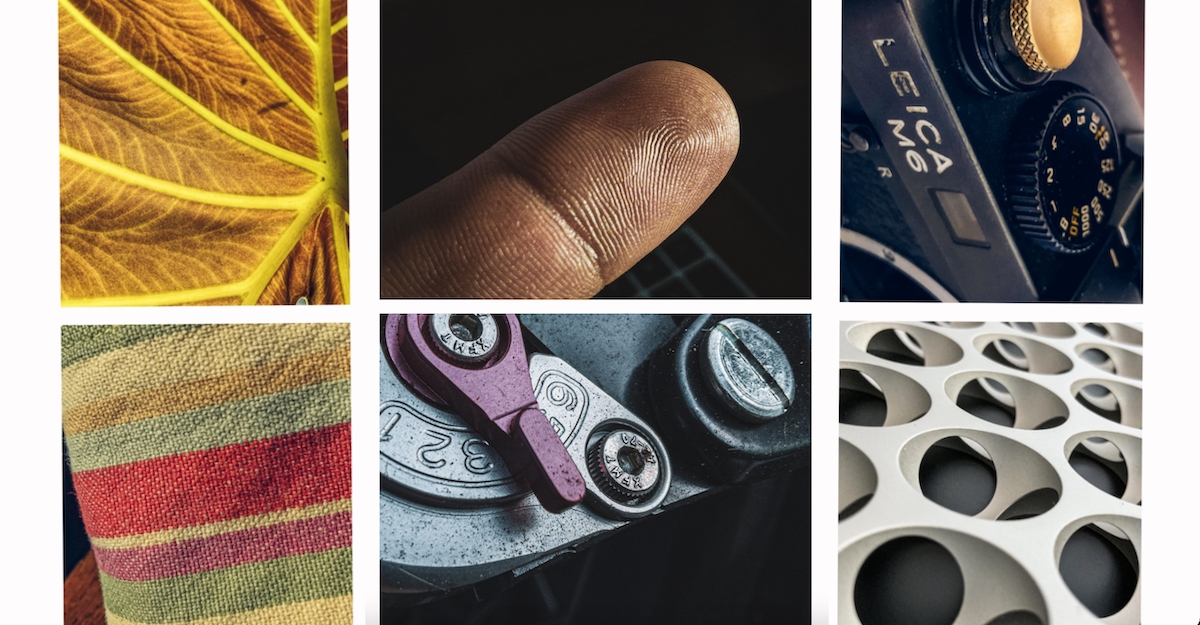Recently, designers behind the popular iPhone camera app, Halide launched the iPad version of the app. A photographer at Halide, Sebastiaan de With took the M1 iPad Pro in the wild to test the app’s performance and camera quality. The newly launched 12.9-inch and 11-inch iPad Pro models have the same camera specs as their 2020 variants. But Apple’s computational “magic” makes all the difference.
To improve users’ FaceTime video calling experience, Apple has equipped the M1 iPad Pro with a new Ultra-Wide camera with 12MP and 122-degree field of view. In addition, the company has also introduced a new face-tracking feature, Center Stage which keeps the camera’s focus on the participant(s) while they move around. And these features have impressed de With to say that:
It’s a classic story of Apple: they did a very clever thing that can only really be achieved when hardware and software work very tightly together. The software part is where Apple’s superb cameras get their fantastic quality.
To his surprise, de With discovered that Apple has equipped the front and rear cameras with impressively unique features for quality video calling and photography experience.

The Ultra-wide front and super rear cameras of M1 iPad Pro impress Halide’s photographer
de With explains that the front 12-megapixel Ultra-Wide camera is backed by powerful computational software which enables a “seamless dual-camera system”. Working only in Ultra-Wide angle, the camera crops the “wide and detailed camera feed” to its old focal length and delivers a buttery smooth solution with a good image, slightly corrected to blur out distortion.
Speaking of Ultra-Wide lens’ distortion, de With brought up the not soo impressive photo of Marques Brownlee aka MKBHD taken on the new M1 iPad Pro. Calling it a “fairly cheap jab at what is really a very impressive bit of software”, the photographer detailed that for software correction is necessary to get a sharpness for a crop-down image. In his expert opinion,
For everyday users, this camera will be an upgrade, despite the fact that the ‘regular’ angle selfie camera is now merely digitally-zoomed crop.

The hidden superpower in the rear lens camera
With the 12.9-inch M1 iPad Pro, de With took some very close and detailed photographs of flowers, fingerprint, camera, smartphone, and other objects. He used the iPad’s microscope to take the beautiful macro shots. By chance, de With discovered the iPad Pro’s superpower; “when I was resting the iPad in my lap. I noticed the camera was actually focusing perfectly on my pant leg, which was right up to the rear camera. I went outside to point it at some flowers” and the results were incredible.
I was pretty astonished. Lots of detail, despite iPad’s smaller sensors. One of the reasons iPads might focus closer than your iPhone is that Apple doesn’t have to worry about the device fitting in your pocket. Having such flexibility with the layout of the camera module might be the difference allowing for this splendid little superpower.
Interestingly, with the LIDAR sensor assisting autofocus it can sometimes be a bit hard to try this fun attribute of the camera — With Halide for iPad, you can drop into manual focus mode and to get ultra-close-ups of everyday things. Try it out for yourself if you have an iPad!

In conclusion, M1 iPad Pro camera has Halide’s approval, if not MKBHD’s. Users can download the Halide Mark II app from the App Store for free and purchase a monthly subscription for $1.99, yearly for $11.99, and make a One-Time purchase for $39.99.